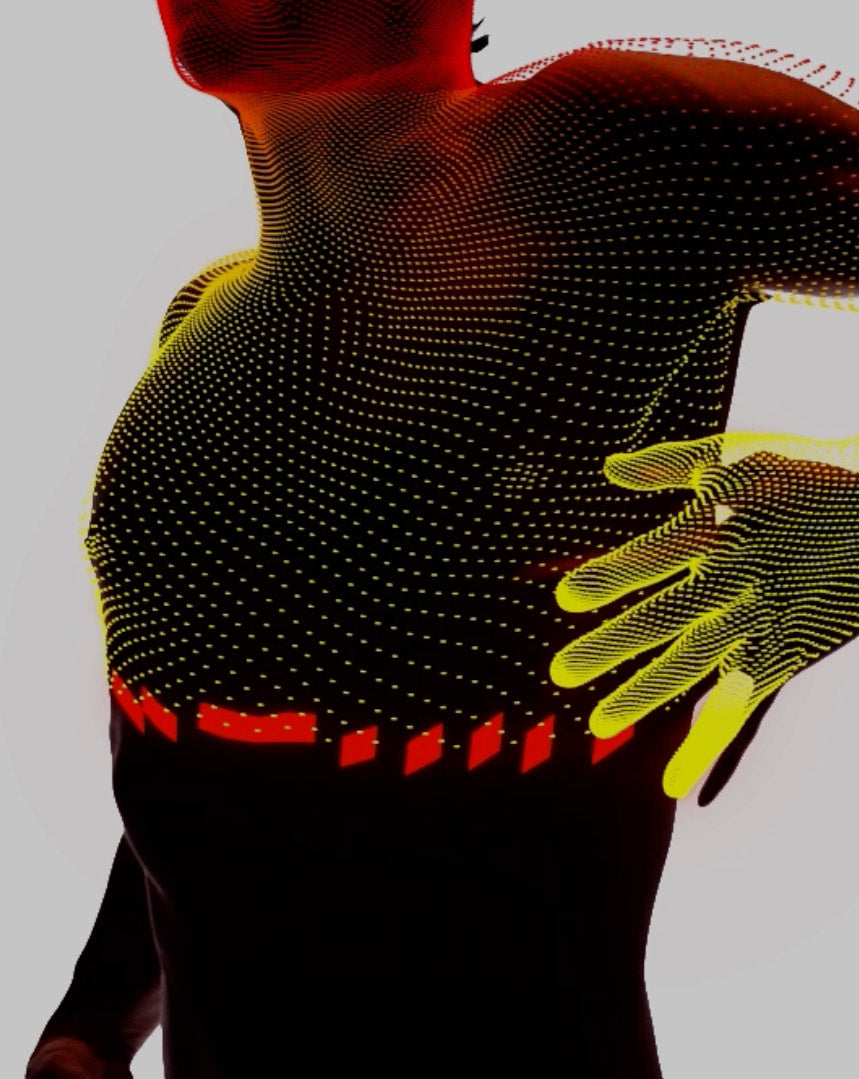In August 2019, Citizen Wolf made a voluntary commitment to prepare and submit a modern slavery statement according to the Australian Federal Government requirements.
After the UK, Australia is only the second country in the world to legislate a Modern Slavery Act (MSA) and it became the law of our great sunburnt land on January 1 this year as way to force large Australian companies (revenue $100+ million) into cleaning up their supply chains.
The basic idea is that mandating transparency of how company’s are actively working to address the risks of slavery within their business will kickstart the process of responsible (read without slavery) sourcing.
Why does this matter and why should you care?
Because it’s convenient to think slavery died with America’s 13th Amendment, but that’s simply not true. Slavery is a global problem that’s never gone away.
Check the map below, it’s estimated that there are over 40 million people in slavery today with two-thirds in the Asia Pacific region and 15,000 right here in Australia. Yes, really.
There are more slaves in Asia Pacific than there are Australian citizens.


Many things we take for granted, like coffee beans, tins of tuna and plenty of our clothes almost certainly contain some slavery in their journey to our shopping trolleys. Which is horrible, but it also means we’re well placed to affect great regional change via our collective behaviour as consumers, both personally and commercially.
Opting-in as a small business
Although it's law for large companies, there is a provision in the Australian Act for small businesses who believe in doing the right thing regardless of legislation to put their hands up and formally opt-in to the law. The requirements are exactly the same, write and publish a statement on exactly how they plan to identify and remove slavery from their supply chains.
In August 2019, Citizen Wolf made a voluntary commitment to prepare and submit a modern slavery statement according to the Australian Federal Government requirements.
Citizen Wolf opposes slavery in all its forms and we embrace our role and responsibility of safeguarding human rights through ethical business practices.
It is therefore a key focus to begin the process of protecting human rights in our business and our supply chains.
Partnering with The Freedom Hub
To ensure we do this properly, we’ve partnered with The Freedom Hub to analyse our areas of risk and produce a modern slavery statement at the end of the current reporting period.
The Freedom Hub is a cafe / charity in Waterloo that has been working for many years to ethically source food and drinks (yes, including coffee!) based on transparent supply chains.
The best thing about working with Sally and her team is that we can be certain that all profit goes to their survivor school rather than to line the pockets of the corporate lawyers which is what's happening with the big businesses.
So if you have a small-to-medium business in Australia that's not automatically captured by the Modern Slavery Act, then we wholeheartedly support and promote the incredible work of The Freedom Hub and suggest you hit them up for their next MSA workshop.
What can you do?
Forced labour is rife within the garment industries of many countries who supply fast fashion brands, so one of the easiest ways to reduce your personal slavery footprint (yes, just like carbon) is via your wardrobe.
Much like our own journey, we don’t expect you to junk your entire closet and start again. It’s a process of replacing old clothes with better ones as and when you need them.
All we ask is that when you do need a new Tee you consider Citizen Wolf. By doing so you will be directly supporting local and ethical manufacturing in Sydney as well as helping more broadly, to be the change you want to see in the world.







